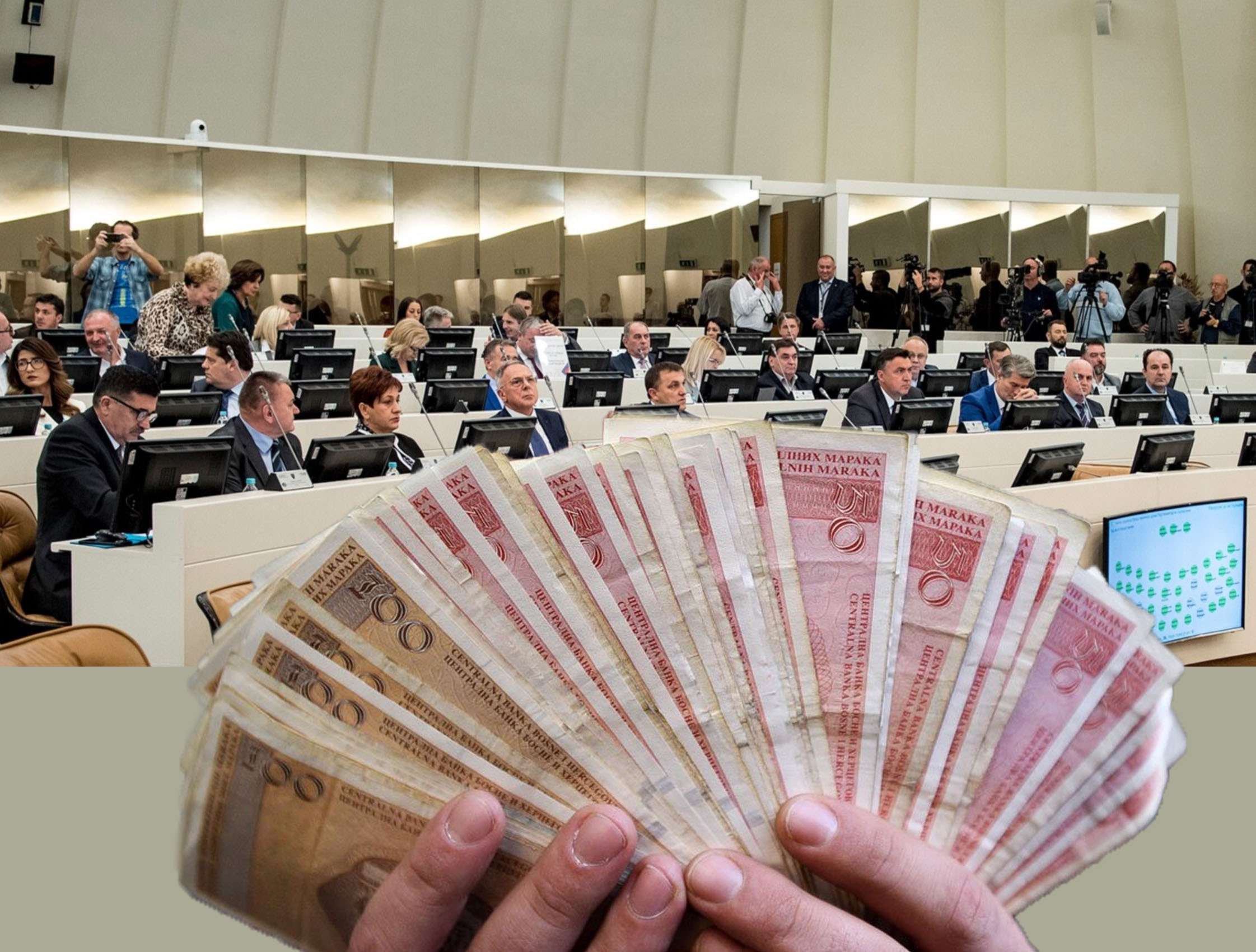How many times have you set out to express your attitude or opinion and then changed your mind because you know or think that your friends and the general public have opposing views and opinions? Whether you may be supporting a person that others are attacking (without arguments), defending an opinion that is not popular, criticism of someone or something that is popular, support of assembly which the majority does not approve, laughing at a joke that others see as an insult, and so on. Knowing all this, did you still state your opinion publicly or did you withdraw and self-censor so as not to be exposed to criticism, or have problems in society, family or at work, or maybe even risk being expelled from society in some way? If we know that many people censor themselves i.e. that others indirectly silence them, is then what we read on forums and social networks really the attitude of the majority or is this the attitude of the minority who first occupied the online space and imposes its opinion as the preferred and dominant one, on a particular subject or person, where the others then adjusted to the primary opinion? Is what we read the opinion of majority or did the vocal minority silence them?
Social networks are a new channel of communication that people are slowly getting used to and whose rules they learn and adapt to. They have become the most important source of information whether it is political news, disasters around the world, relationships of celebrities or what our virtual friend had for lunch, where and with whom he was, and so on. Through social networks, people not only receive information, but also have the opportunity to give their comment, and also to become a source of news and start a discussion on a certain topic. This has certain advantages because it gives smart and interesting people space to say what they think and to offer the general public a different picture from the one they get through official channels. However, it carries a certain risk because it provides space to sick, retrograde and radical individuals and groups to spread their ideas which will include hatred and calls on the execution of everything different.
Are We Silenced by Others or Do We Censor Ourselves
When you follow posts and comments on social media, you may notice that most share similar views and opinions on a given topic. Therefore, one might think that most people really have the same or similar views on this particular topic. However, is that really the case? Is what we read on social media, the opinion of the majority and is it the opinion of a certain number of people who were the first to express their opinion and started spreading it and thus gradually silenced all those who have a different attitude and did not want any inconvenience due to a different attitude. It so happens that something that many approve of, still remains without the support of the general public because some apparent majority was the first to take an opinion and impose it as a correct one. Others will, in fear of being criticized, silence their attitude, and perhaps even adjust it to the attitude of the majority so that they do not have to feel bad about it.
It is for this reason that more and more political parties hire and pay their members and sympathizers, and sometimes people eager to earn money, to impose a certain attitude as dominant. These people are called trolls, who deliberately poison and confuse the virtual space, and through it, the real world. Rarely are these intelligent and educated people because they are harder to buy. Trolls are usually people of poor education and knowledge, and without any morals, who only spread what they are ordered to do. This is why in virtual battles you can find absolutely the same sentences, photos, arguments and attitudes because these people are not able to convey messages that came from the top in their own words. Instead, they literally convey the command into cyberspace. These people often do not even have a basic knowledge of the topics in question, so when they try to discuss it, they resort to insults and threats because that is the only option for them.
It is not difficult to notice when the “headquarters” send an army to those who have dared to express an opinion that does not suit them. These “brave” virtual warriors are ready to die virtually, for the party that pays them regularly. It is unfortunate that some people are not aware of this so they join the army of mercenaries voluntarily and for free. These trolls, which in our country are called bots, also have the benefit of the dysfunctional judiciary, the media eager to make money and the sluggish opposition, so that numerous insults and threats remain unpunished and only further encourage virtual soldiers to continue and increase the intensity of attacks. If we do not put an end to that, it is only a matter of days when virtual attacks will turn en masse into real attacks on dissidents.
In all this, it is very important not to forget which profile of people has so much free time to comment on everything that is happening, as well as which profile of people is ready to attack, insult and threaten people they do not know and who have done them no harm except that they think differently. Rarely are those successful, smart, good and happy people. Most of them are dissatisfied, unhappy, and unsuccessful people who try to give any meaning to their lives in this way. These are certainly not people you should feel bad about and retreat in front of them. Remember that the next time you get upset because someone you don’t know and appreciate, has said something horrendous to you. Are you really interested in, what such a person thinks about you?
Don’t let them silence you because it’s usually not the majority but the vocal minorities backed by an army of mercenaries. I think it is time we stopped saying, “Smarter people give in!”, which is a local colloquialism. We have to stop, because this has led to a situation in which less intelligent people of questionable education manage public opinion, the judiciary, the state and all other spheres of society.
Bread and Circuses
Interaction is a very important element and probably the biggest reason for the popularization of social networks and web portals. Media that allow comments, especially those with insults and threats, are often more popular than portals that censor such comments. Why do people need it? What satisfaction is there to be met by reading insults, threats and even calls for the lynching of people whose sin is most often just that they have different life attitudes? Is it possible that humanity has not progressed since the age of “bread and circuses” when they raised or lowered their thumbs to decide on the life and death of gladiators in the arena? What an irony. Now the masses of social network users decide on the fate of “people in the arena” with a raised or lowered virtual thumb. The only difference is that now they no longer kill them immediately, but with their attacks, insults, ridicule, etc., sometimes lead them to take their own lives. In that respect, we seem to have evolved poorly.
Each social network uses its own formulas, i.e. algorithms in order to provide each user with as much content they find interesting, in order to keep them engaged, and profit from it for as long as possible. Knowledge of psychology helps them a lot. People are reluctant to expose themselves to opposing views because it makes them uncomfortable by avoiding topics or people who have opinions different from their own. When you look at your wall on social media, you will rarely come across a post in which any of your virtual friends or the people you follow are expressing views opposite to yours. This is best followed on big topics, from the political party or politician you follow, to attitudes about war and history in general, about vaccines, Coronavirus, the LGBT population and the like.
Most of the posts that social networks present to you, will contain views similar to yours. Algorithms monitor your behaviour on social networks. Which topics, people, teams, politicians you follow, and especially which posts you like and comment on, because then they will send you more and more of those posts. So, for example, anti-vaxxers will receive more and more announcements that will agree and support their views. People who are not familiar with how the posts they see on their profiles are selected therefore think that this is the opinion of the majority because they only receive such content. All this creates a misperception about what most people really think.





